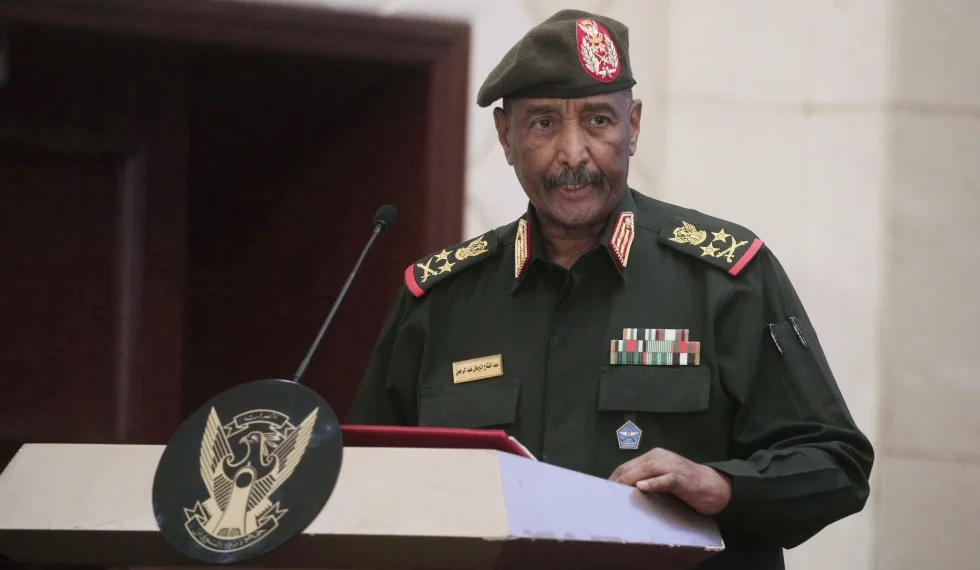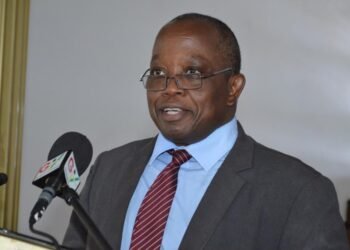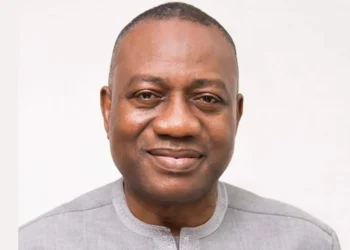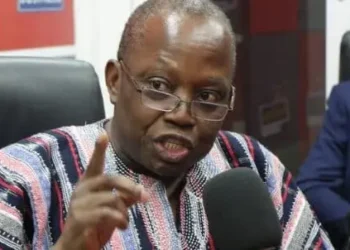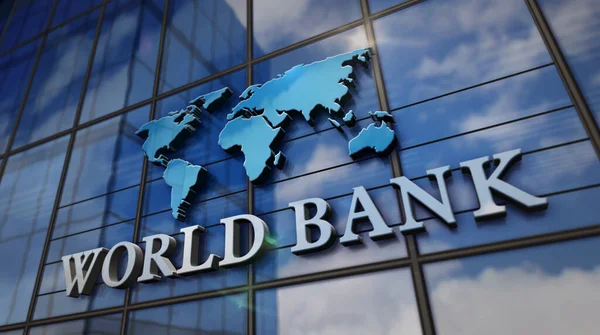Sudan’s government has leveled serious accusations against the United Arab Emirates (UAE), alleging that it is financing and deploying Colombian and African mercenaries to bolster the paramilitary Rapid Support Forces (RSF) in the country’s ongoing civil war.
Sudan’s foreign ministry said it possessed “irrefutable evidence” that fighters from Colombia and neighboring African nations were hired with support from Emirati authorities. The government, however, did not name the countries involved nor provide documentation of its claims.
The ministry added that this “unprecedented phenomenon poses a serious threat to peace and security in the region and across the continent,” asserting that hundreds of thousands of foreign fighters had been recruited across Africa.
Responding to the accusation, the UAE’s Ministry of Foreign Affairs “categorically rejected” the claims, denying any backing of armed factions in Sudan’s internal conflict.
“The UAE emphasizes that these claims are merely attempts to derail the peace process and evade the moral, legal, and humanitarian obligations to end the conflict and pave the way for a transitional process that reflects the aspirations of the Sudanese people for security, stability, and development.”
UAE’s Ministry of Foreign Affairs
The conflict in Sudan erupted in April 2023, beginning in the capital Khartoum before rapidly spreading nationwide. The power struggle between the army and the RSF has so far claimed over 40,000 lives, displaced more than 12 million people, and driven many to the edge of famine.
Sudan has consistently accused the UAE of supplying weapons to the RSF, though the Gulf nation has denied all such allegations. A 2023 report by Amnesty International indicated that Sudanese forces had seized armored vehicles made in the UAE and outfitted with French defense technology. The UAE responded at the time, stating it was the victim of a “coordinated disinformation campaign aimed at undermining our foreign policy, regional role and humanitarian efforts.”
Both the Sudanese Armed Forces (SAF) and RSF have been implicated in grave human rights abuses, including ethnic cleansing, sexual violence, and extrajudicial killings targeting civilians.
U.N. Raises Alarm On War Crimes
Amid worsening conditions, United Nations human rights expert Radhouane Nouicer has expressed deep concern following a visit to Port Sudan. He warned of escalating violence, mass displacement, and famine, stating that “very limited concrete progress” had been made by Sudanese authorities on rights protections since the war broke out.
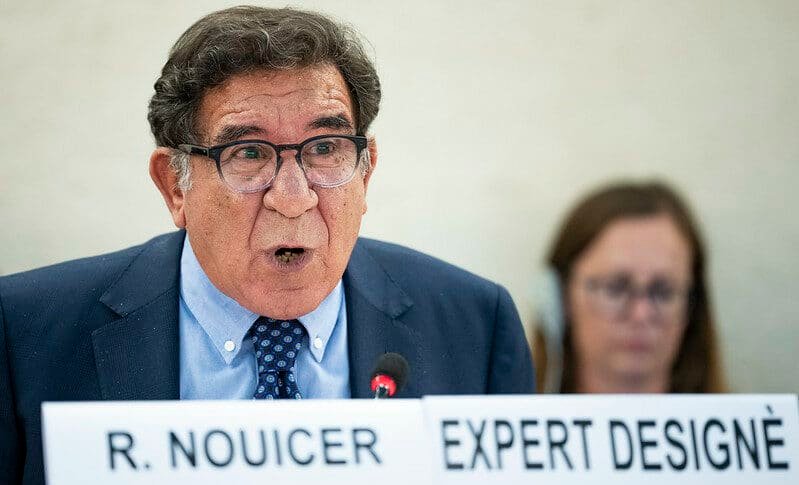
“We are seeing women and children surviving in tents under scorching temperatures,” said Nouicer. He added that humanitarian aid, including water, food, and medical supplies, has been cut off for months due to funding shortages. With the rainy season approaching, the expert warned the crisis would “further exacerbate.”
The conflict has particularly affected North Darfur and Kordofan. The RSF has been accused of targeting civilian areas and using sexual violence as a weapon of war. While the U.N. has documented more than 390 such cases, Nouicer noted that “the actual number is likely much higher.”
SAF airstrikes in Darfur and Kordofan have also drawn international concern. Reports of arbitrary arrests and harsh sentences, including death penalties, have emerged, often handed down without the guarantee of fair trials. Nouicer cited a rise in accusations of “collaboration” with the RSF as the basis for these convictions.
However, in a rare positive development, Sudan’s Attorney General has reportedly filed over 300 cases against members of regular forces, including the SAF, lifting immunity in several instances.
Nouicer’s diplomatic efforts have been stifled. Scheduled meetings with Sudan’s new prime minister, members of the Transitional Sovereignty Council, the RSF, and the Sudan People’s Liberation Movement-North (SPLM-N) were cancelled or blocked. A proposed meeting with the RSF fell apart after Nouicer declined to accept the delegation the group selected.
Calling for global action, Nouicer urged: “The international community must not merely observe but act with urgency to enforce the arms embargo, support local peacebuilders, and ensure unhindered humanitarian access.”
READ ALSO: Ghana Card Debt Row Threatens Revenue Mobilization, Analyst Demands PPP Review

